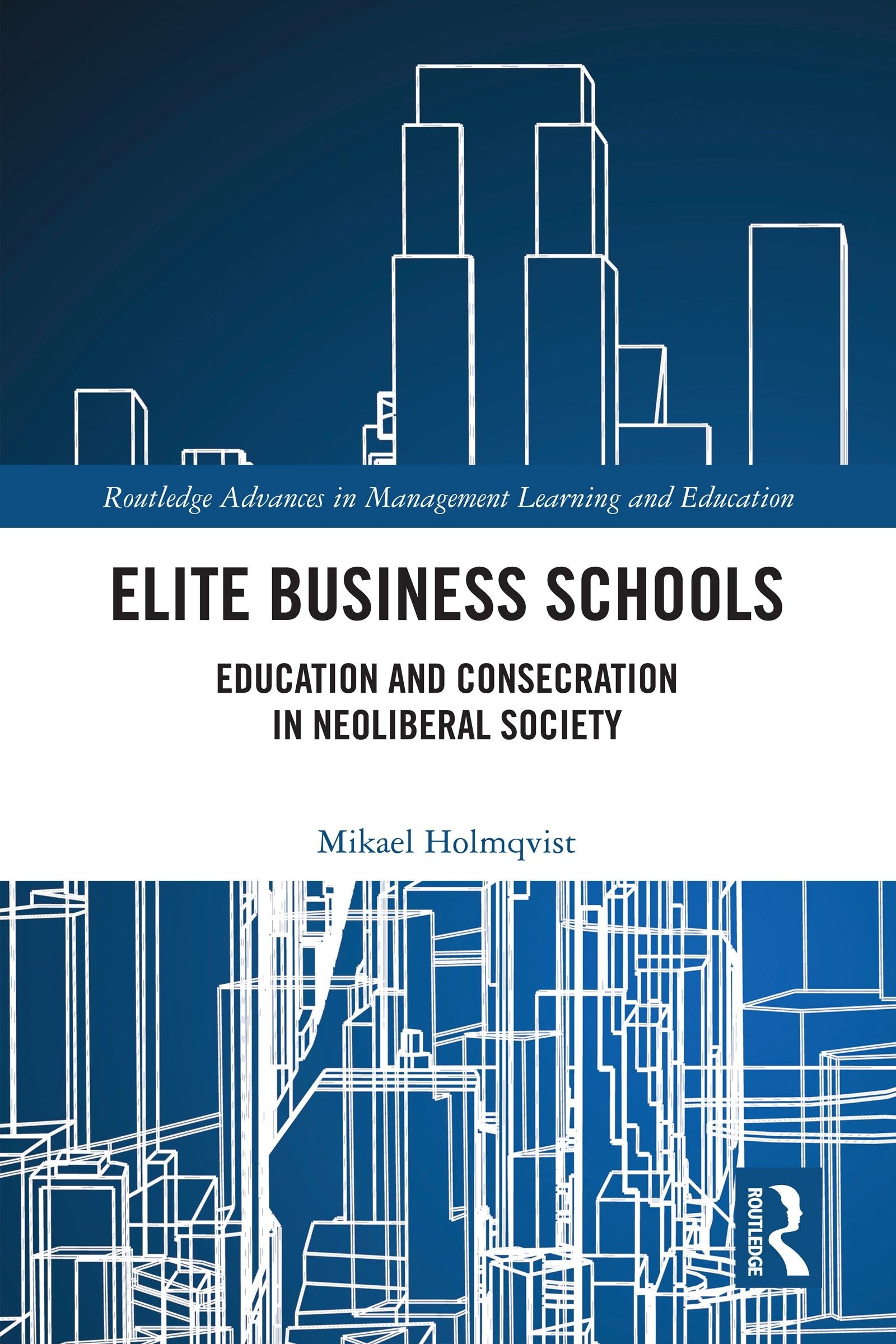Elite Business Schools - Read online and download for free

- Android
- IOS
- Smart TV
- Authors : Mikael Holmqvist
- Format : PDF,ePub,Online Reader
- List supported devices: iPhone / iPad,Android phones & tablets,Kindle Fire,Windows PCs,Mac,Sony Reader,Cool-er Reader,Nook,Kobo Reader,iRiver Story,Other e-readers with Adobe Digital Editions installed
- Publisher : Taylor and Francis
- Long publication date: December 20, 2021
- Short publication date: December 2021
- Imprint : Routledge
- Publication date: 2021-12-20 00:00:00Z
- Subtitle: Education and Consecration in Neoliberal Society
- Languages: English
- Copyright year: 2022
- Isbns: 9781032110332, 9781000530179, 9781000530193
- Category: Corporate & Business History,Education,Higher,Business,Management
Social scientists are increasingly turning their attention to business and financial elites, recognizing the importance of understanding who these individuals are, what they do, and how they function—not only as individuals but also as a powerful social class. One way to uncover these dynamics is by examining elite business schools—institutions that train and groom individuals for influential leadership roles in business, finance, and related sectors. These schools play a pivotal role in shaping the economic elite.
This book argues that elite business schools do more than impart intellectual and analytical tools; they also instill the social, moral, and aesthetic dispositions necessary for exercising power. In this sense, they consecrate their students, producing individuals who are seen as legitimate leaders in society. By dominating the landscape of higher education and reinforcing market-oriented ideologies, elite business schools not only serve particular interests but also shape broader social and economic structures.
Focusing on the Stockholm School of Economics (SSE), this book offers a sociological exploration of elite business school culture. Through an in-depth study of SSE, it examines how students are consecrated through various facets of academic life—from student union activities and institutional culture to teaching practices, faculty behavior, course content, and alumni networks. Special attention is given to the symbolic power of economics within the institution, as well as SSE’s unique relationship to the Nobel Prize.
This work contributes to the fields of elite sociology, management education, and organizational studies, and will be of interest to researchers, academics, and students engaged in business history, higher education, and the sociology of education.









